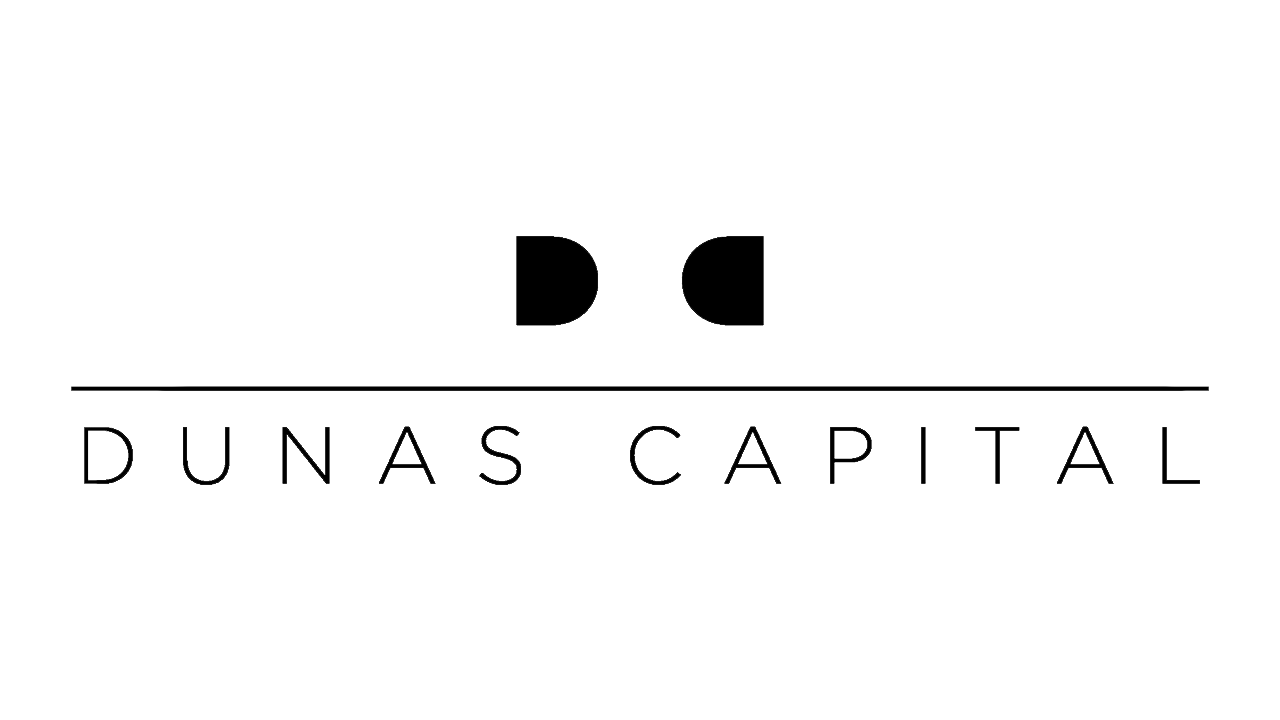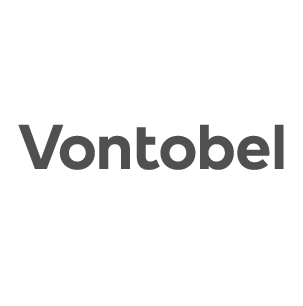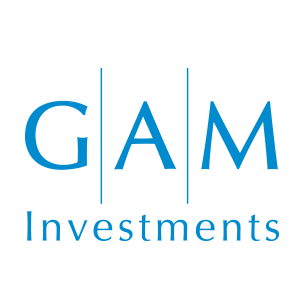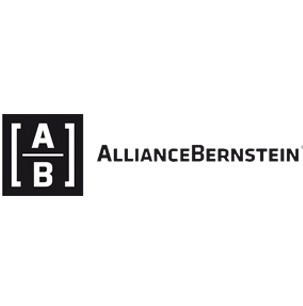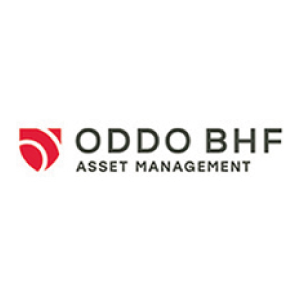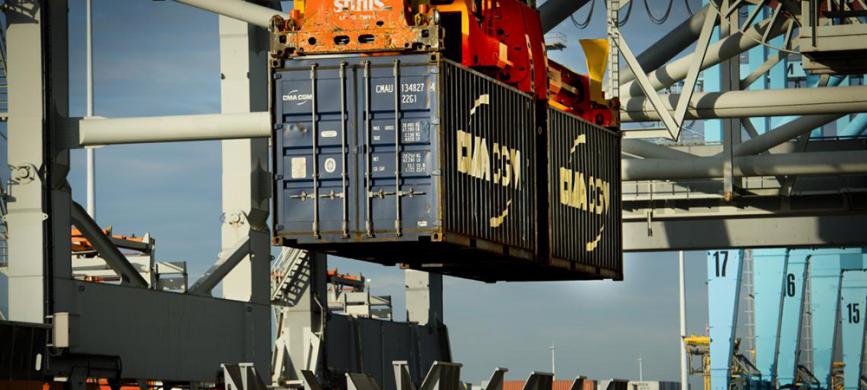
Commission acts to make it easier for companies to sell safe products across Europe for the benefit of businesses and consumers
The free movement of goods on the Single Market allows companies to sell their products in any EU country without additional barriers with tangible benefits for businesses and consumers.
However, in practice, companies wishing to sell products often face obstacles, delays and extra costs. A recent study on "The Costs of Non-Europe in the Single Market" shows that a reduction of trade barriers could lead to an increase of intra-EU trade by more than €100 billion per year. And too many dangerous or non-compliant products can still find their way onto the market. As many as 32% of toys, 58% of electronics, 47% of construction products or 40% of personal protective equipment inspected do not meet the requirements for safety or consumer information foreseen in EU legislation. This endangers consumers and puts compliant businesses at a competitive disadvantage.
For all these reasons the Commission is tabling today two legislative proposals to make it easier for companies, especially SMEs, to sell their products across Europe, and to strengthen controls by national authorities and customs officers to prevent unsafe products from being sold to European consumers.
With today's initiatives, the Commission aims to tackle remaining structural weaknesses in the Single Market for goods on two major fronts:
Making it easier to sell a product in another Member State - The "mutual recognition" principle ensures that products not subject to EU-wide regulation can, in principle, move freely within the Single Market, if they are lawfully marketed in one Member State. However, perfectly safe products sometimes cannot move freely within the Single Market because of diverging national rules and lack of trust and cooperation between national authorities.To make the principle faster, simpler and clearer in practice, the Commission proposes a new Regulation on the Mutual Recognition of Goods. Companies will know if their products can be sold in another EU country in a couple of months, rather than years. They will also be able to use a voluntary declaration to demonstrate that their products meet all the relevant requirements in their country. This will make it easier for authorities of other Member States to assess whether or not mutual recognition should apply. Similarly, a problem resolution mechanism will allow for a faster resolution of disputes between companies and national authorities. Training and exchanges among officials will further improve collaboration and trust among national authorities. This will not prevent national authorities from taking legitimate public policy concerns into account.
Enforcement of the rules –The draft Regulation on Compliance and Enforcement presented today will help create a fairer internal market for goods, through fostering more cooperation among national market surveillance authorities. This will include sharing information about illegal products and ongoing investigations so that authorities can take effective action against non-compliant products. The Regulation will also help national authorities to improve checks on products entering the EU market. Since 30% of goods in the EU are imported, the Commission further proposes to reinforce inspections of ports and external borders.
The draft Regulations will now be sent to the European Parliament and Council for adoption. Once adopted, they will be directly applicable.
